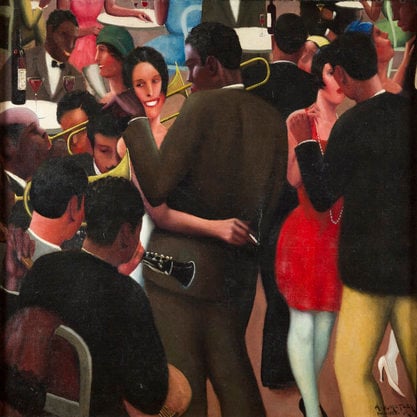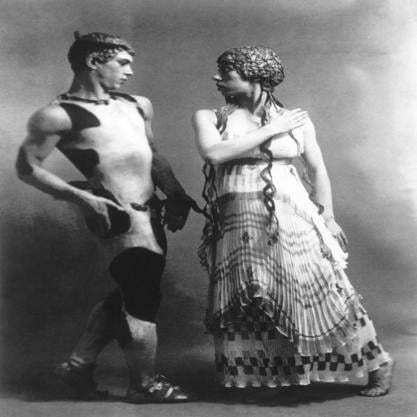Article
Free Jazz By McClure, Daniel
Article
Free Jazz emerged in the late 1950s out of the ongoing negotiation of the American jazz tradition. By the mid-twentieth century, this African-American musical tradition had developed into an array of styles variously linked to New Orleans (Dixieland) or Chicago School (1920s), swing (1930s), and bebop (1940s). If swing embodied an industrialized modern evolution of New Orleans-style jazz (deemed traditional), bebop brought the modernist ethos to jazz by attacking what some critics suggested swing was becoming: too popular, too banal and uniform. Consequently, bebop—through innovators such as Dizzy Gillespie and Charlie Parker—disrupted the unifying structures of big band swing while complicating the musical elements of rhythm, harmony, and melody. The contours of bebop’s own progeny—the styles associated with hard bop, cool jazz, and Third Stream—gave form to free jazz. The primary innovators of Free Jazz all came from the cutting edge of 1950s hard bop and sometimes rhythm and blues, but were also influenced by the modernist, avant-garde strains in classical music in the 1940s and 1950s (which also found expression in the musical arrangements in Third Stream and cool jazz). Free jazz musicians attempted to break from the confines of Western musical tenets, European tonal harmonic theory, and the dominance of the composer—the notated score that characterized jazz compositions through bebop—while renewing the collective improvisation of New Orleans-style jazz through spontaneous interaction within a group. Free jazz musicians placed a renewed emphasis on spontaneously improvised melodies and unfixed rhythms.


